Journalists Equipped to Tackle AMR Through Awareness, Scientific Insight, and Cross-Sectoral Collaboration
New Delhi, August 7, 2025 — A national media workshop titled “AMR: The Silent Pandemic – Let Media Break the Silence” was held today at the Press Club of India in New Delhi. Organized by ReAct Asia Pacific, the event brought together journalists, public health specialists, and representatives from civil society to emphasize the importance of media in combating the global threat of antimicrobial resistance (AMR).
A Global Health Crisis in the Making
Antimicrobial resistance has been dubbed a silent pandemic, with catastrophic implications for global health. According to 2021 estimates, bacterial AMR was linked to 4.71 million deaths globally, of which 1.14 million were directly caused by resistant infections. Alarmingly, projections suggest that by 2050, AMR could lead to 39 million deaths, equating to one death every 20 seconds.
Empowering Media to Report with a One Health Lens
The core objective of the workshop was to enable media professionals to report effectively on AMR using a One Health approach, which integrates human, animal, and environmental health perspectives. Participants were introduced to the science behind AMR, challenges in reporting, and storytelling strategies that center public interest and action.
Opening Call for Urgent Action
Dr. S. S. Lal, Director of ReAct Asia Pacific, inaugurated the event by stressing the urgent need to raise awareness about AMR. He highlighted the unique role of media in mobilizing public engagement, influencing policy, and holding institutions accountable.
Real-Life Experiences Underscore the Human Toll
A deeply emotional session moderated by Dr. Narinder Saini, Chairman of the AMR Standing Committee of the Indian Medical Association, showcased real stories from individuals impacted by drug-resistant infections. Bhakti Chauhan of the AMR Taskforce and Pooja Mishra, an HIV rights advocate, shared moving personal experiences, spotlighting how AMR disproportionately affects marginalized and vulnerable groups.
Dr. Saini reiterated the campaign message: “Stop Infection, Fight AMR,” calling on journalists to “act now and act together.”
Experts Unite for a One Health Dialogue
A multidisciplinary panel chaired by Dr. Sam Prasad (AHF Indiacares) discussed how AMR is intrinsically linked across human, animal, and environmental domains. Panelists included:
- Dr. Sangeeta Sharma, Delhi Society for Promotion of Rational Use of Drugs
- Dr. Chanchal Bhattacharya, Heifer International
- Rajeshwari Sinha, Centre for Science and Environment
- Satish Sinha, Toxics Link
Together, they underscored the need for integrated, cross-sectoral action to contain AMR.
Diagnostics, IPC, and System Readiness Key to Containment
Another session focused on strengthening health systems to address AMR. Dr. Sarabjit Singh Chadha (FIND) and Dr. Tikesh Bisen (PATH) discussed the critical role of accurate diagnostics and infection prevention and control (IPC) in curbing the spread of resistant infections.
Tools for Responsible Science Reporting
Dr. Salman Khan from ReAct Africa guided participants on how to identify and use credible scientific sources for AMR coverage. Later, Shobha Shukla from the Global AMR Media Alliance shared insights into existing gaps in AMR reportage across Indian media and suggested ways to improve coverage and visibility.
India Launches AMR Media Alliance Chapter
A key milestone of the event was the launch of the India Chapter of the AMR Media Alliance, spearheaded by Bobby Ramakant. He also led the closing group discussion, emphasizing the need for journalists to act as amplifiers of solutions in the fight against AMR.
The workshop concluded with a strong call to action: media must lead the conversation and drive momentum toward solutions for this silent pandemic.
Community Awareness: Simple Actions to Prevent AMR
- Use antibiotics responsibly: They’re effective only when prescribed and used correctly.
- Know when antibiotics aren’t needed: Colds and viral fevers don’t require antibiotics.
- Complete the full course: Never stop treatment midway or self-medicate.
- Get tested: Diagnostic tests ensure antibiotics are used only when necessary.
- Practice good hygiene: Handwashing, clean water, and vaccines reduce infections.
- Understand AMR affects everyone: Not just hospitals—resistance spreads through food, animals, and the environment.
- Ask questions: Don’t hesitate to ask your doctor, “Is this antibiotic truly needed?”
- Protect antibiotics for the future: They are a shared resource that must be preserved.



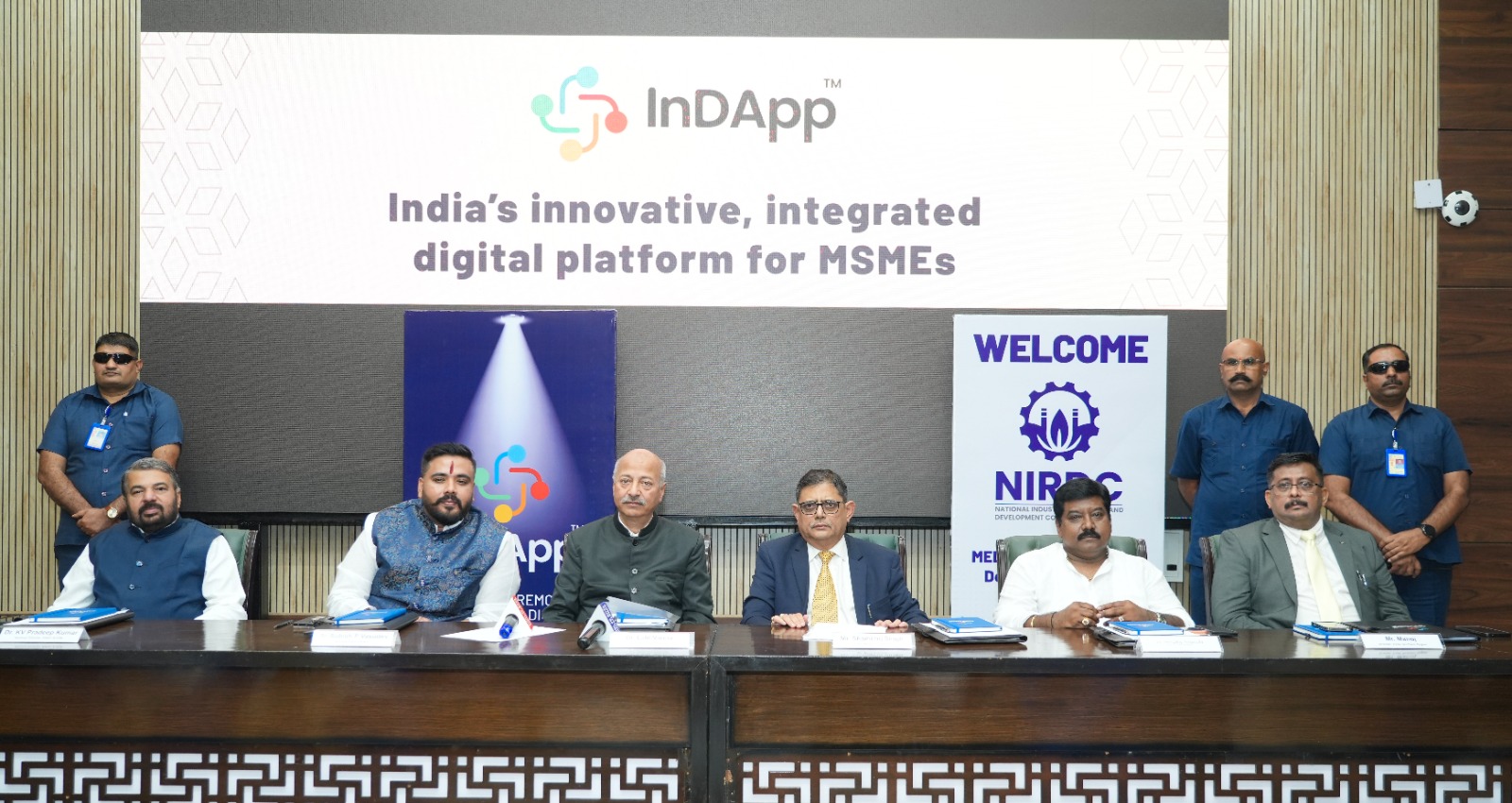
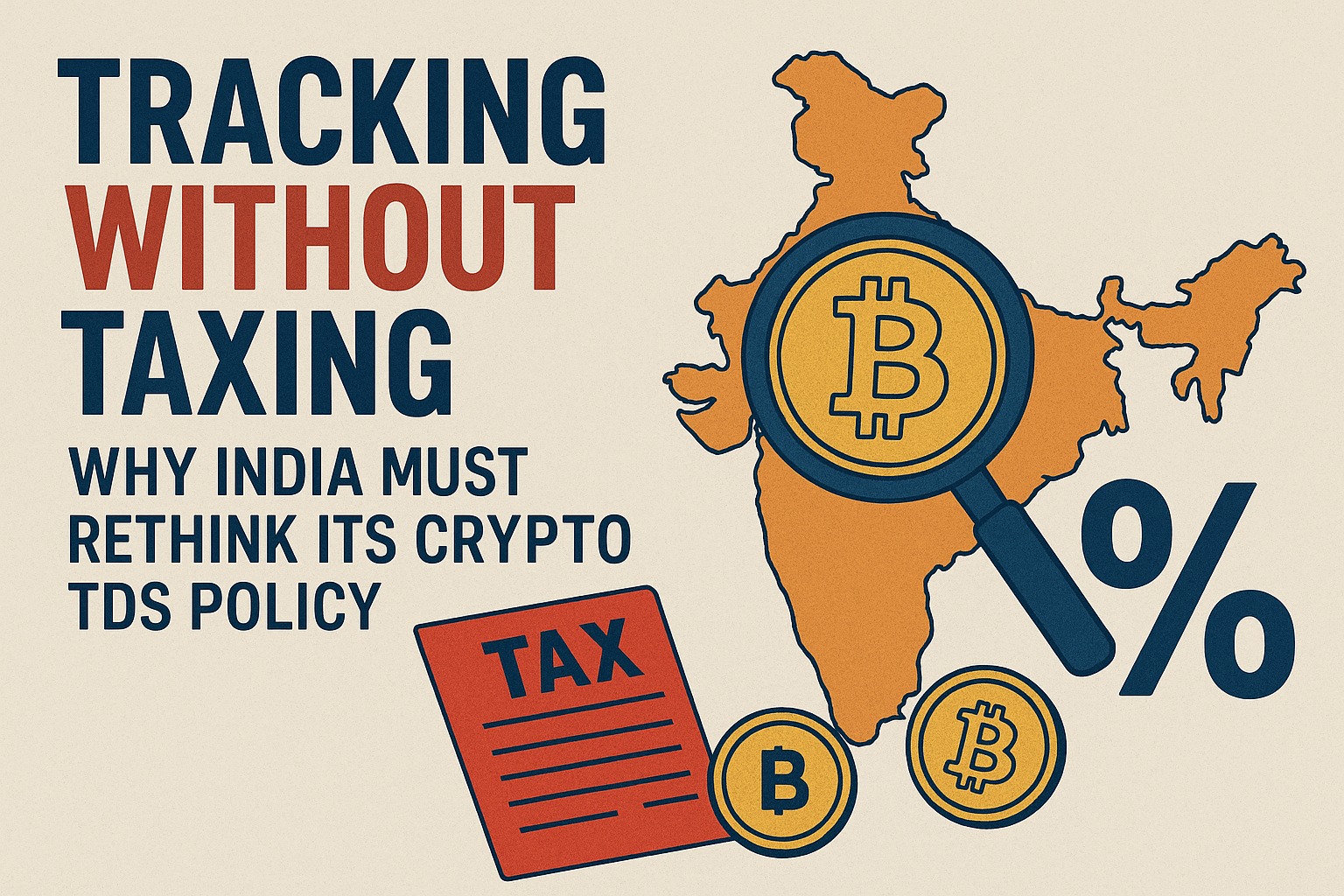
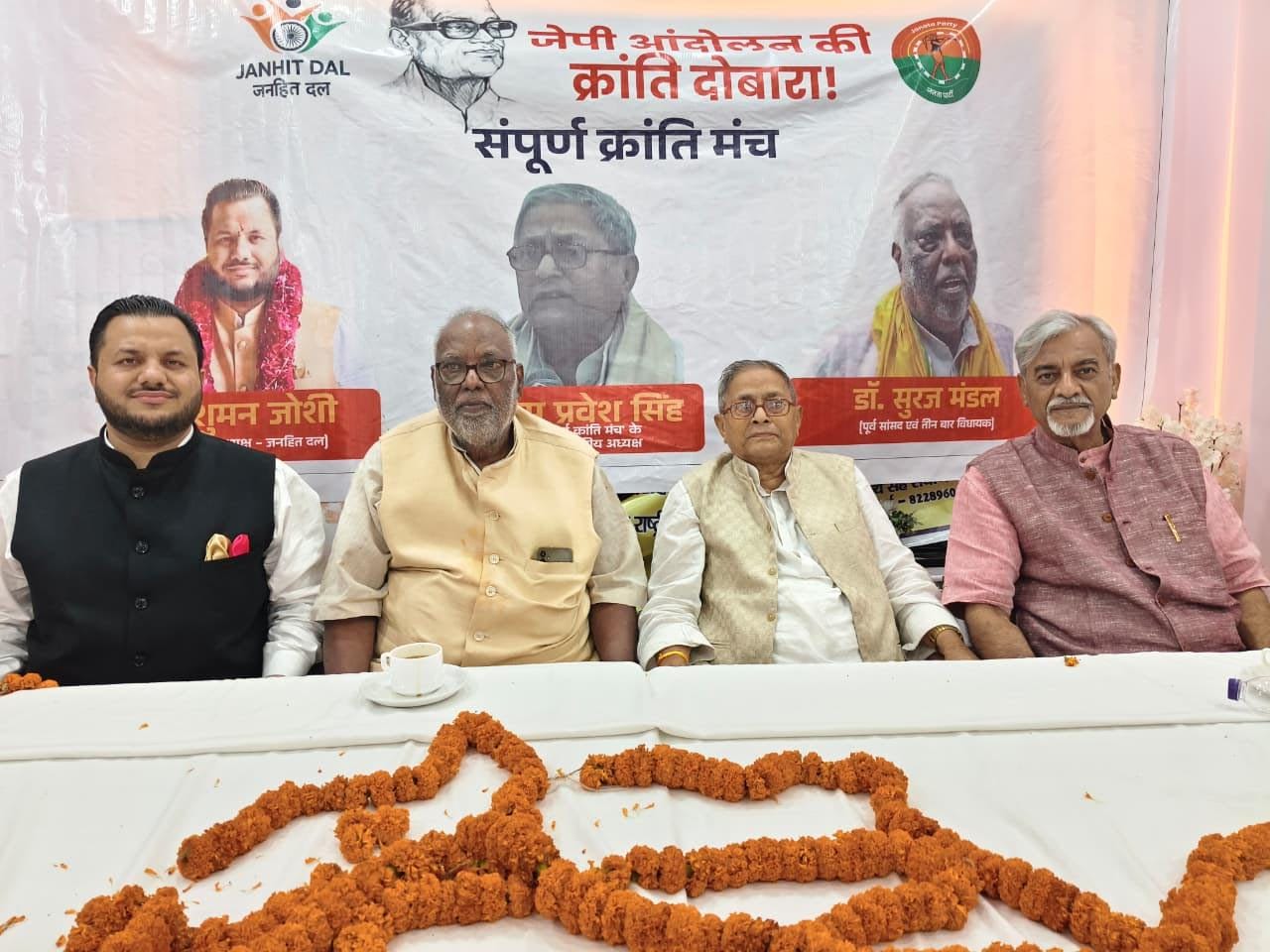
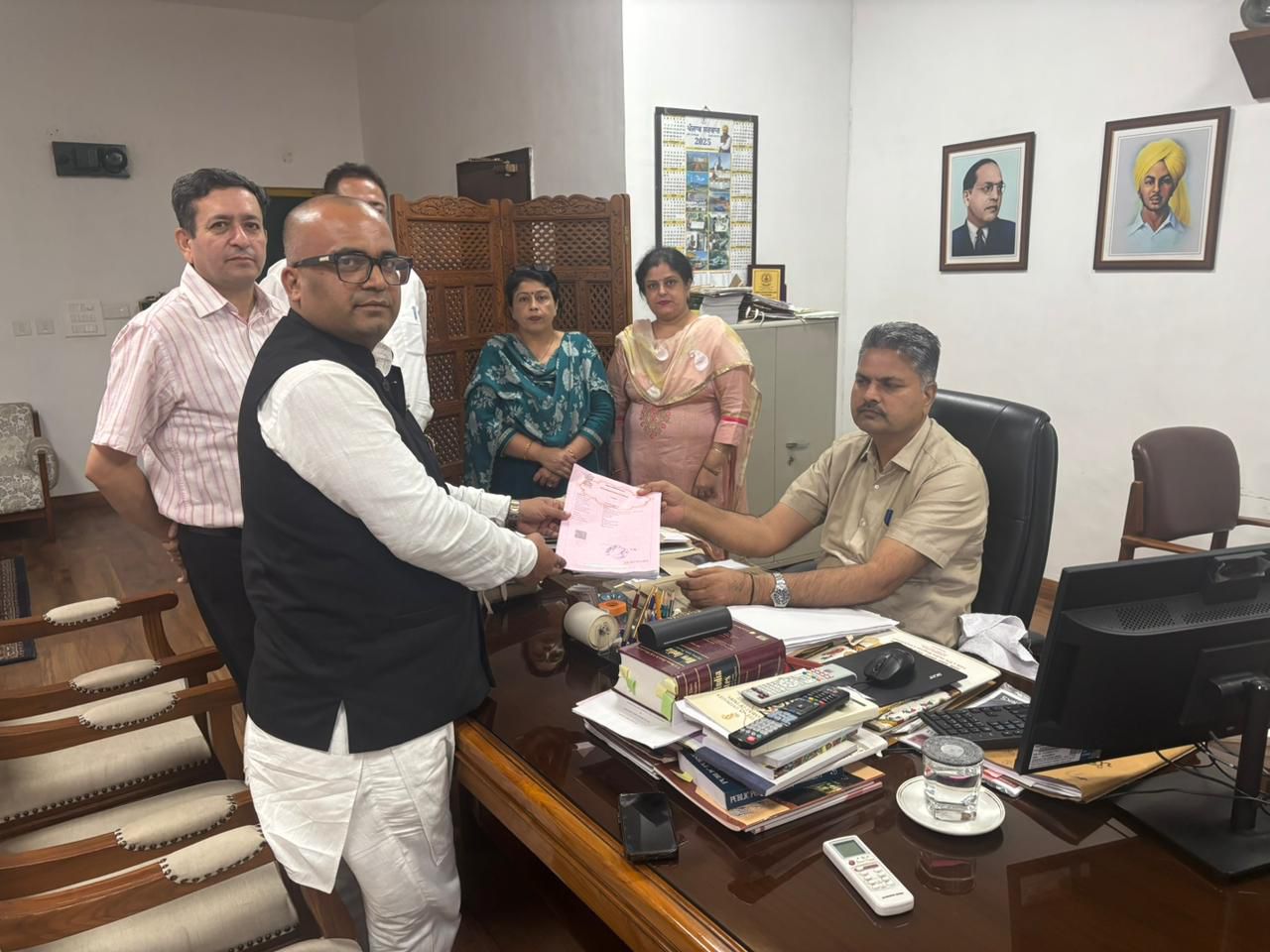
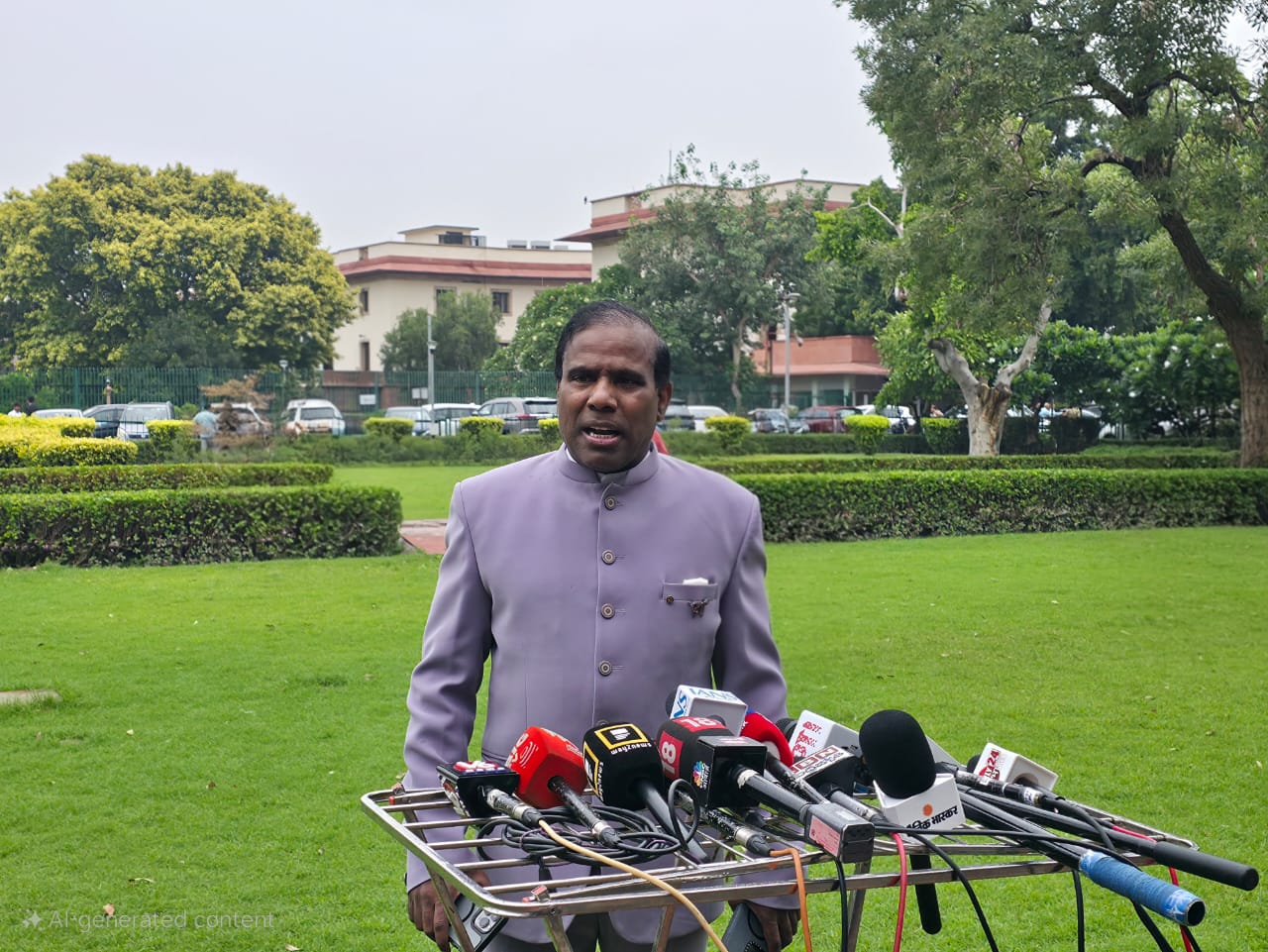
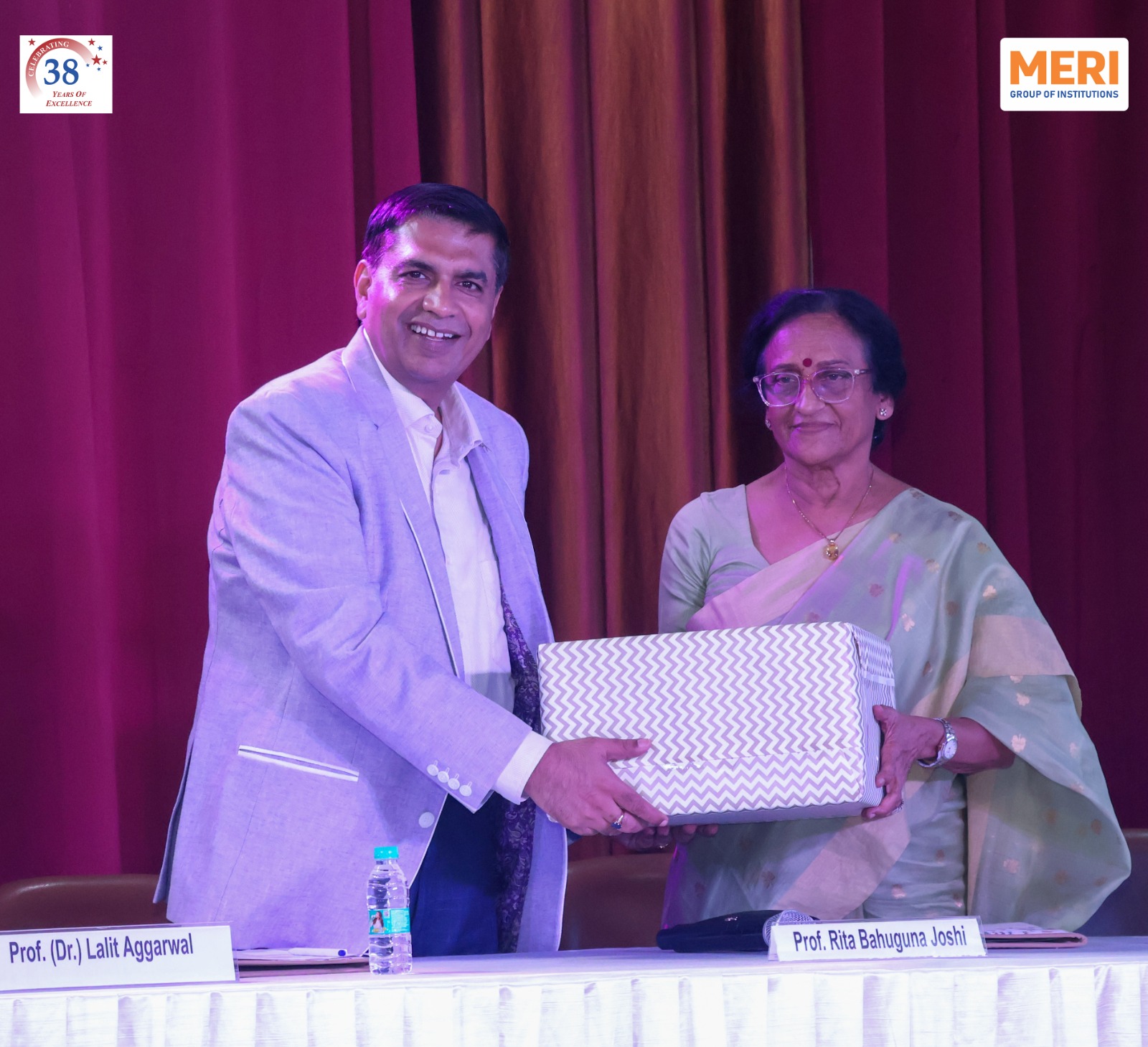
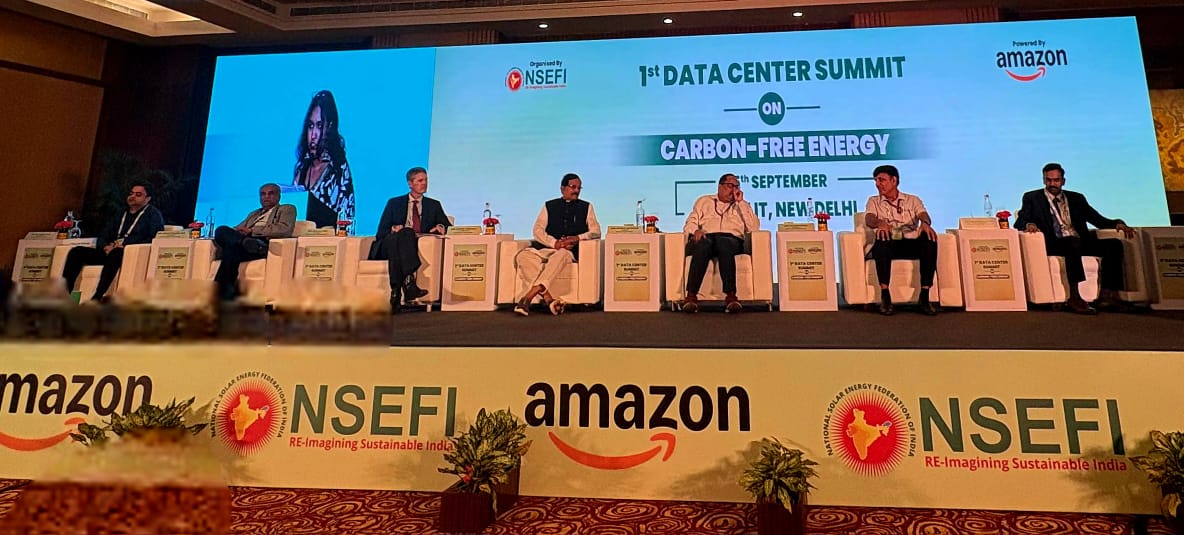
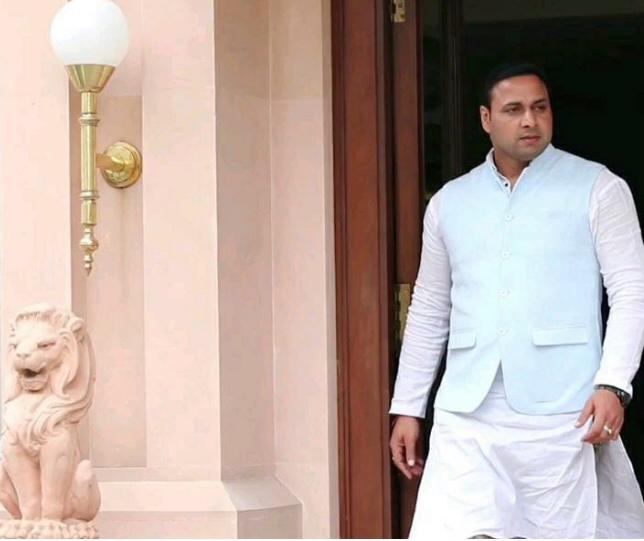
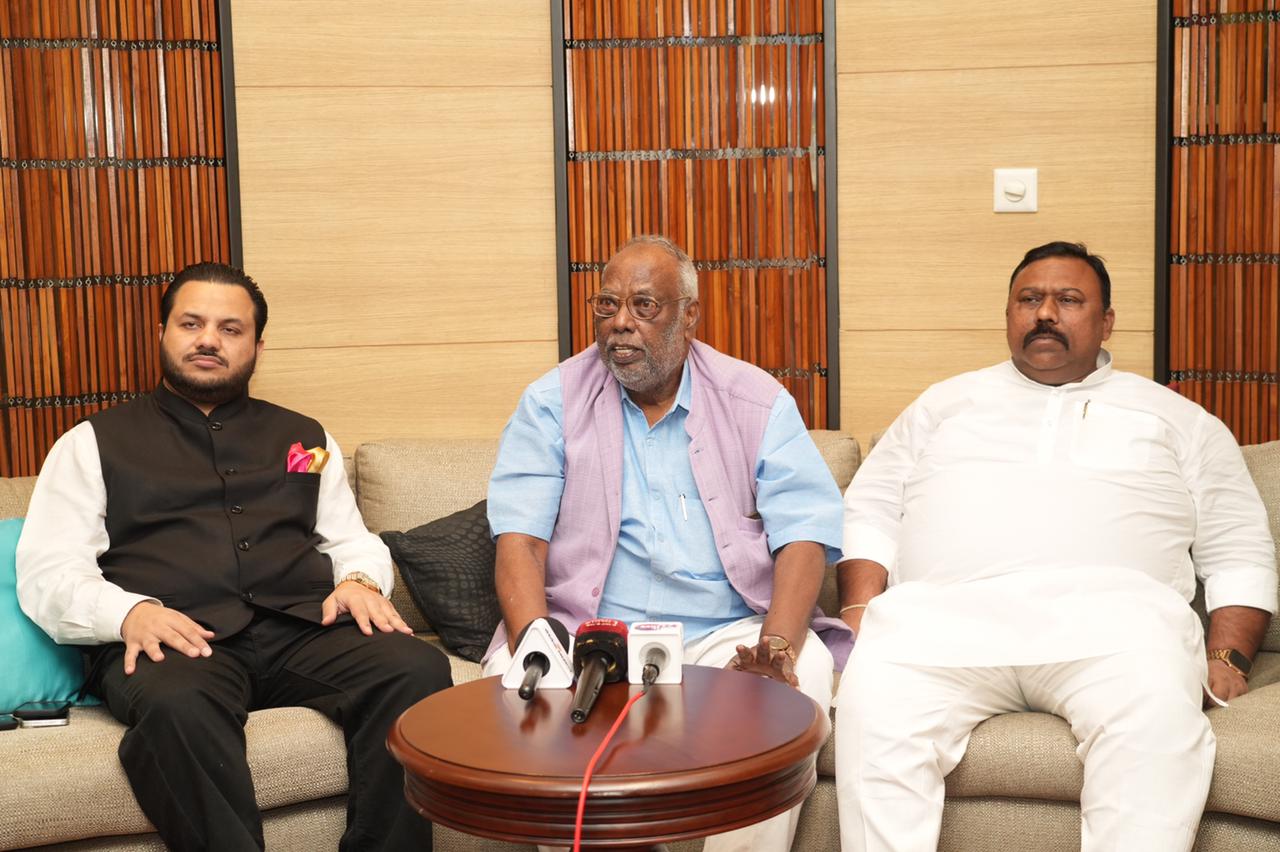
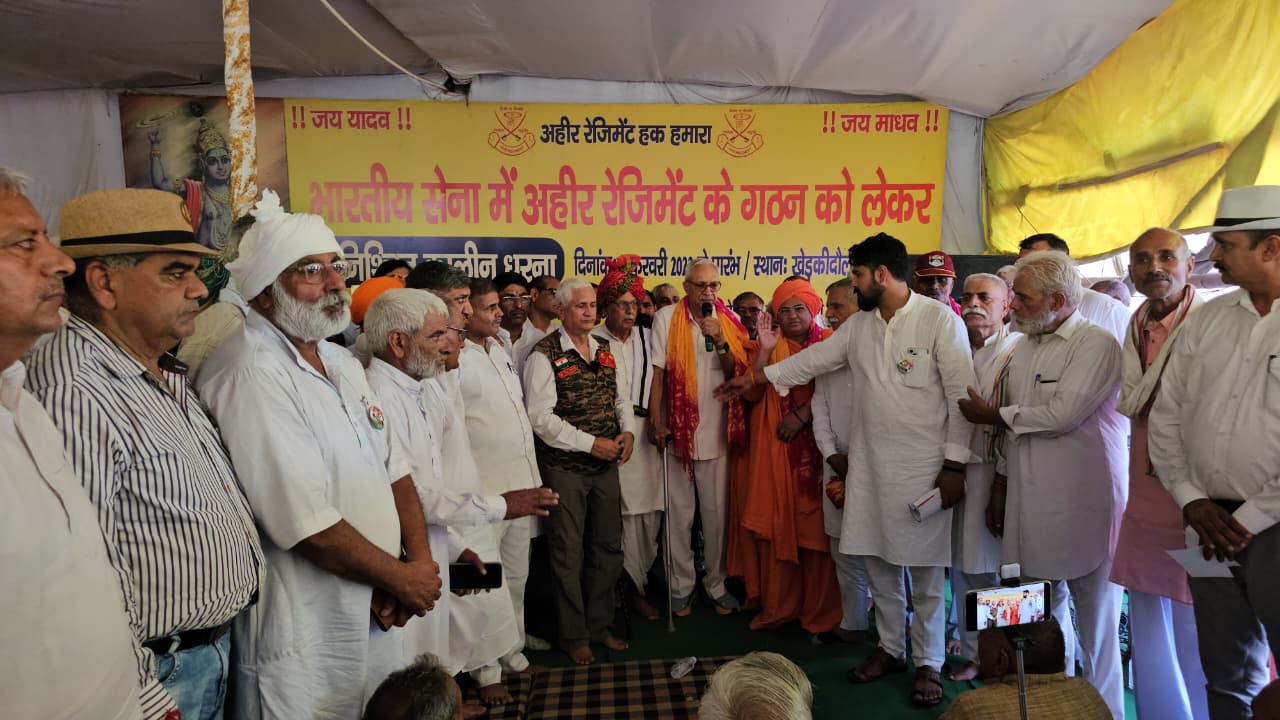
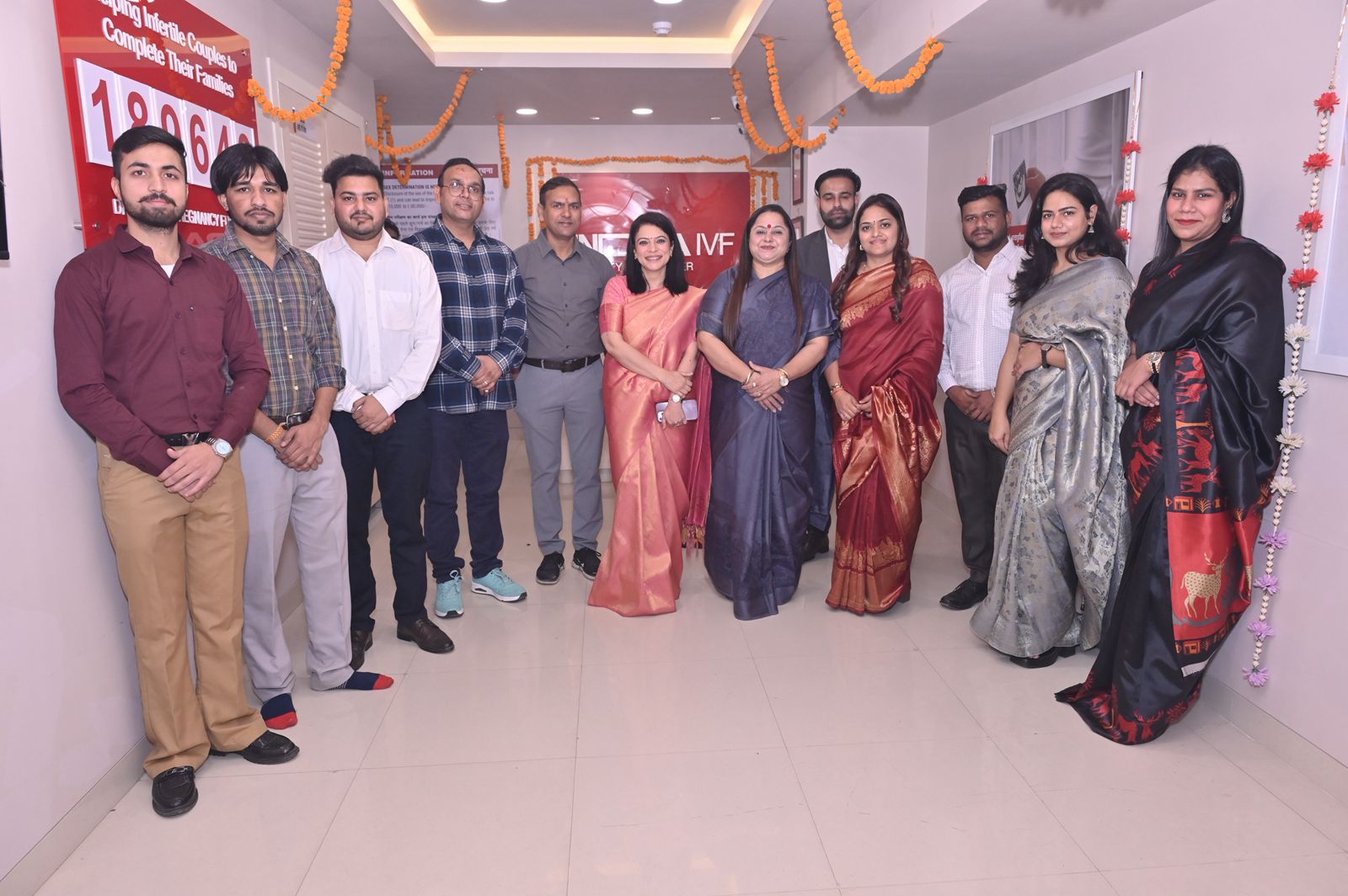
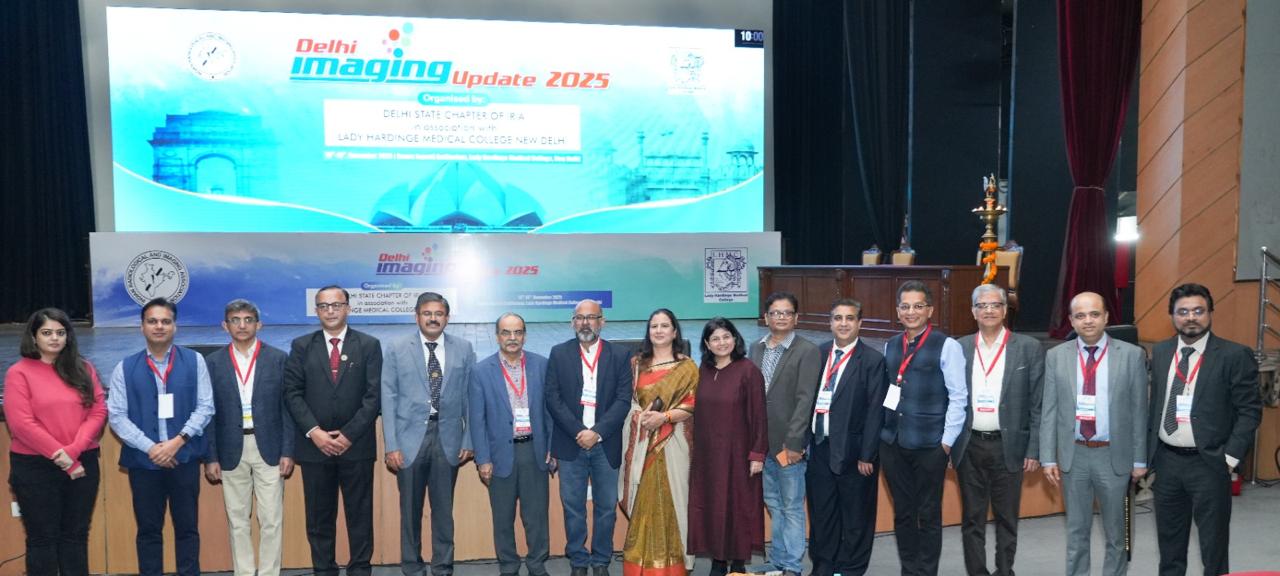
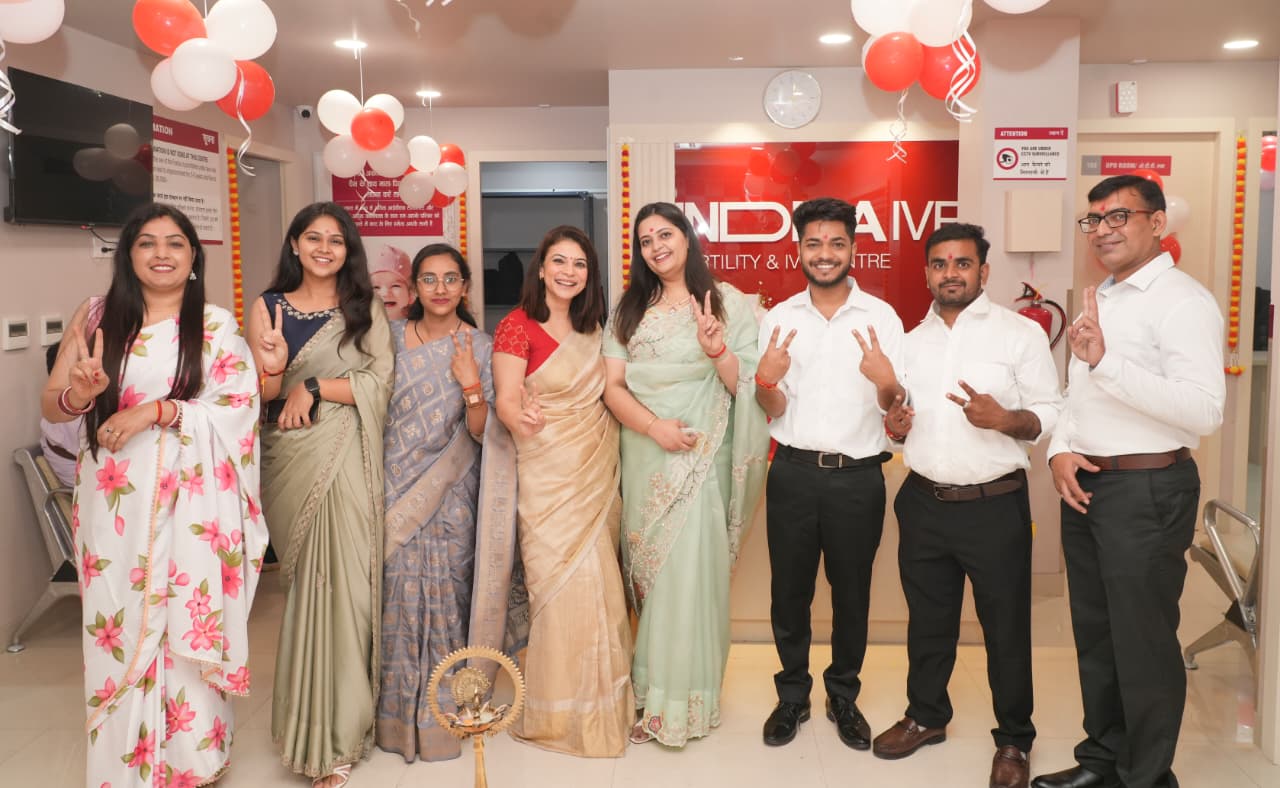
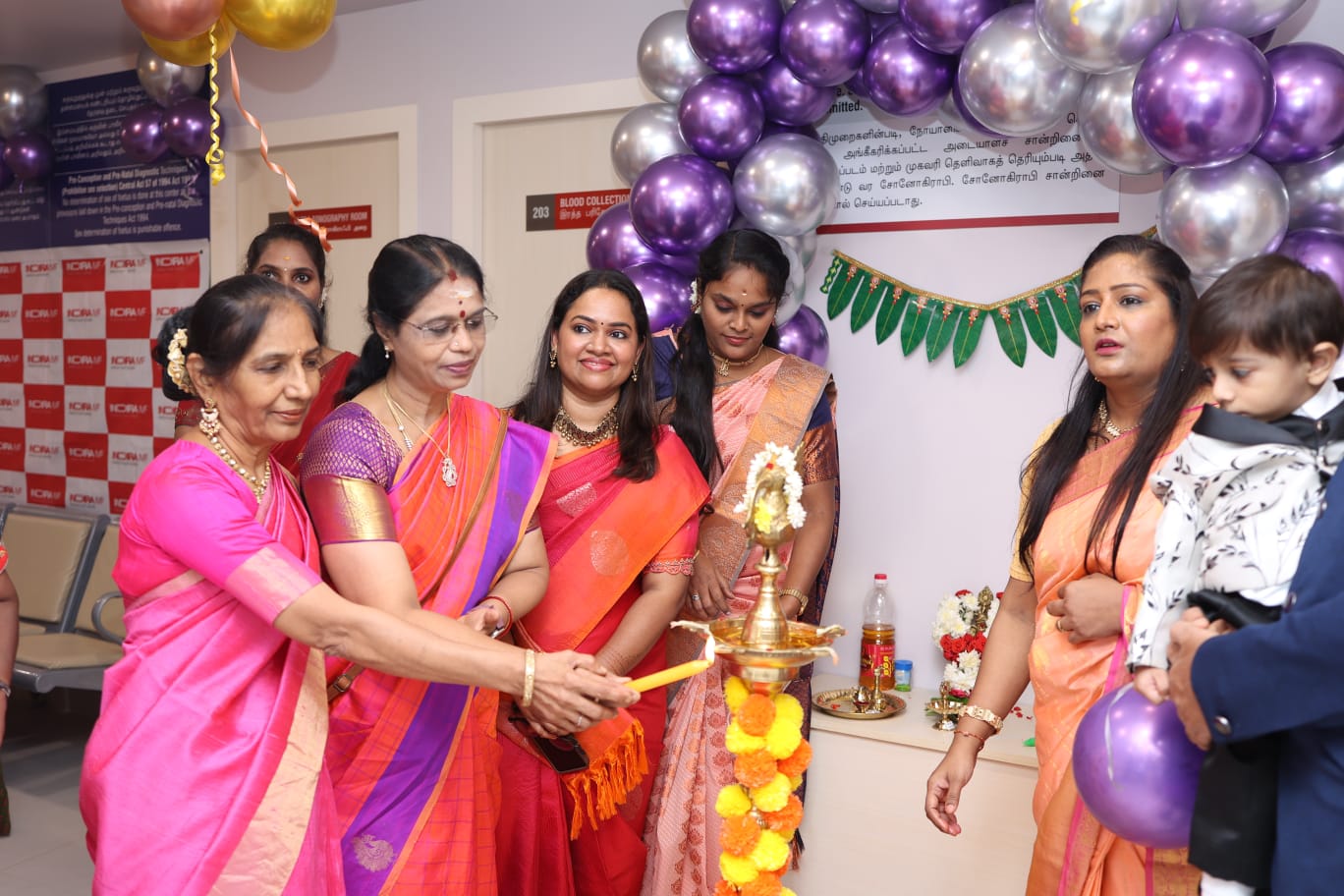
Leave a Reply